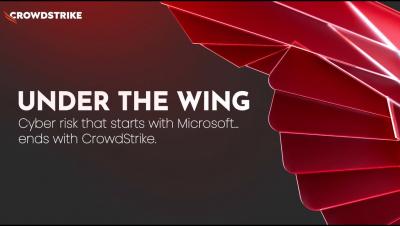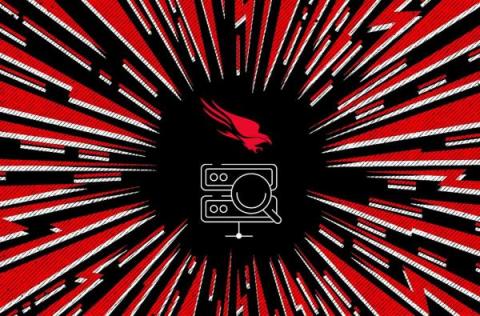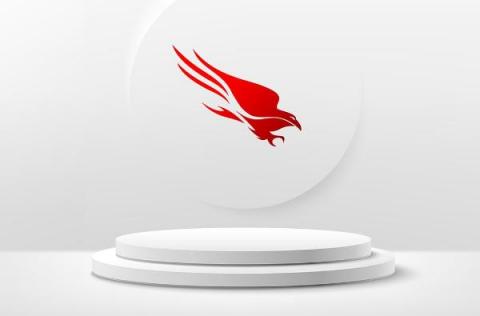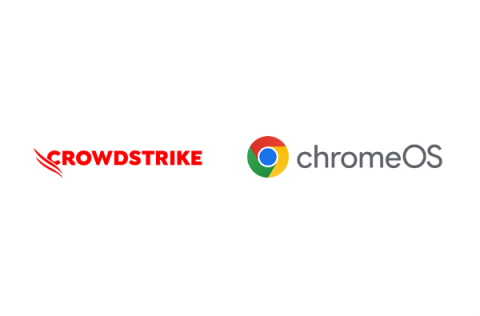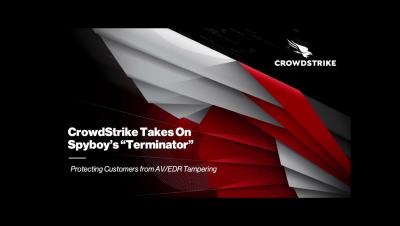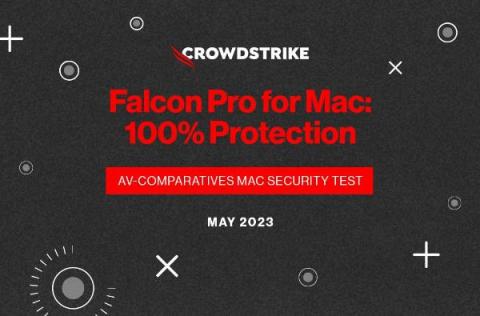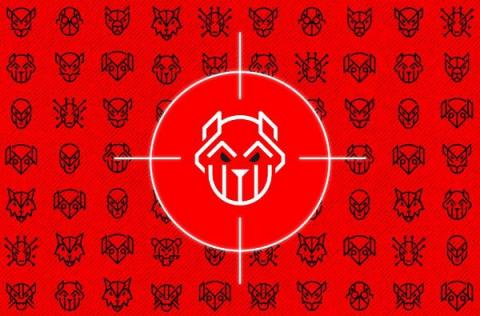Security | Threat Detection | Cyberattacks | DevSecOps | Compliance
CrowdStrike
How to Augment or Replace Your SIEM with the CrowdStrike Falcon Platform
In Part 1 of our SIEM blog series, we discussed the state of SIEMs today and how CrowdStrike Falcon® LogScale solves five key SIEM use cases while improving security outcomes and cost savings compared to traditional SIEMs. Our conversations with customers have made it clear: SIEM requirements don’t stop at the five use cases covered in that blog. Modern SIEM systems extend beyond log management to deliver full threat detection, investigation and response.
Why Customers Are Consolidating Cybersecurity with CrowdStrike
As adversaries continue to evolve their tactics and techniques, organizations are scrambling to shore up their security posture. Security teams have historically turned to point products to fill gaps in their defenses, driving the issue of tool sprawl: The average enterprise deploys 45 cybersecurity-related tools, according to the Ponemon Institute. When it comes to security, more tools often create more problems. Point products are rarely integrated, even when they come from the same vendor.
Falcon Insight for ChromeOS: The Industry's First Native XDR Offering for ChromeOS
In recent years, ChromeOS device usage among businesses has seen a significant uptick, particularly in its adoption across verticals, from schools to large enterprises. According to recent IDC research, 16% of North American organizations have ChromeOS devices1 and the percentage is only expected to increase. The success of ChromeOS devices like Chromebooks can be attributed to built-in security, simple management and premium performance.
How CrowdStrike Uses Similarity-Based Mapping to Understand Cybersecurity Data and Prevent Breaches
The CrowdStrike Falcon® platform harnesses massive amounts of data, collected from trillions of events that are routinely captured on a daily basis. This data must be organized in a way that facilitates the confluence of disparate representations before the inherent value of that data can be realized.
CrowdStrike Takes On Spyboy's "Terminator"
Top 5 SIEM Use Cases CrowdStrike Falcon LogScale Solves Today
SIEMs play a crucial role in the modern SOC: They allow you to collect, correlate and analyze log data and alerts for security and compliance. Yet, despite their value, SIEMs have struggled to keep up with today’s logging performance and scalability requirements. Given that adversaries are operating faster than ever, organizations must prioritize the capabilities that help them identify and respond to threats quickly.
CrowdStrike Falcon Pro for Mac Achieves 100% Mac Malware Protection, Awarded 2023 AV-Comparatives Approved Mac Security Product
Mac computers are becoming increasingly popular in business and enterprise applications. This growing adoption has had one negative side effect: Adversaries are increasingly targeting Macs, hoping that companies buy into the concept of macOS being immune to cyberattack. While macOS does provide advanced security features, these can be defeated by a determined attacker.
Business as Usual: Falcon Complete MDR Thwarts Novel VANGUARD PANDA (Volt Typhoon) Tradecraft
On May 24, 2023, industry and government sources detailed China-nexus activity in which the threat actor dubbed Volt Typhoon targeted U.S.-based critical infrastructure entities. CrowdStrike Intelligence tracks this actor as VANGUARD PANDA. Since at least mid-2020, the CrowdStrike Falcon® Complete managed detection and response (MDR) team and the CrowdStrike® Falcon OverWatch™ threat hunting team have observed related historical activity in multiple sectors.
Discovering the MOVEit Vulnerability with the CrowdStrike Falcon Platform
On June 15, 2023, Progress Software announced a critical vulnerability in the MOVEit file transfer software (CVE-2023-35708). This was the third vulnerability impacting the file transfer software (May 2023: CVE-2023-34362; June 9: CVE-2023-35036). The vulnerabilities have been fixed, and all MOVEit Transfer customers are strongly urged to immediately apply all applicable patches.


